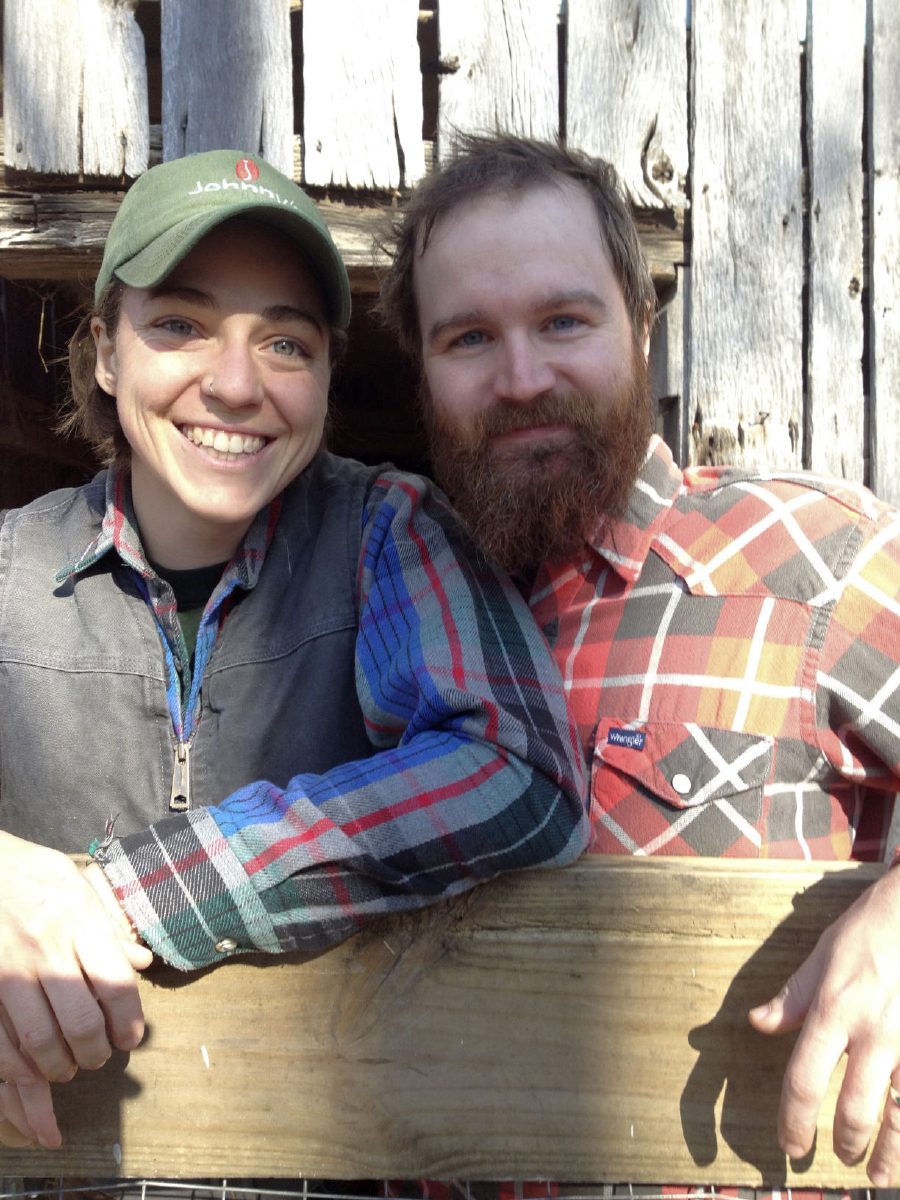
“Your life on the farm has so much variety,” he said with admiration.
It’s true, what this new friend recognized: making a life and a livelihood on the farm comes with a benefits package that’s undeniable.
I see (almost) every sunrise and sunset. I get to work with my hands on tangible projects, and I can see the fruits of my labor as our soil improves, and our pasture and trees grow. I get to know the families who eat our food, and share in their excitement. They tell me about recipe and about how they’re going to cook this year’s Thanksgiving turkey from the farm.
But of course, the list doesn’t include a 401(k), dental insurance or annual raises.
I definitely do not want to complain, and I don’t have a sweeping policy solution to offer up in the next paragraphs, but I do think it’s worth pausing to consider the possibility of farmers getting benefits. Not because one spouse works in town, just for the health insurance or retirement benefits. But because raising food is a necessary and useful part of our community, and farmers should be compensated accordingly.
Some folks are already finding ways to build more traditional work benefits into the farming world.
I’ve heard about a group of 13 dairies in Switzerland that teamed up. They were all within an hour’s drive. They decided to all use the same type of milking parlor equipment, and they agreed on a relatively standard way to tend their cows and their pastures. Then, they chipped in and, together, hired a fill-in worker.
This worker rotated to each farm for three weeks at a time. Thus, every dairy farmer had a guaranteed three-week vacation where the dairy was well cared for and the farm family could truly relax and get away.
After all, the farm was in good hands: The worker had been trained to care for the farm, milk the cows, interact with the milk buyer, etc.
The key was that everything was similar enough from farm to farm that the rotating worker could easily fill in on all of the farms. In the event of an emergency, the other 13 farmers were nearby, they knew the farm’s equipment and systems, and they could easily come and help.
In the years since I heard about this team of dairies, I’ve forgotten the name of the group. I can’t find info online about them, so if you want to know more, I’m afraid you’ll have to start googling.
But their lesson is a good one: there must be ways to think outside of the box and create a noticeably better life for the farmers who raise our food.
For instance, we’re members of a group called the National Young Farmers Coalition. They help advance policies that help farmers of all types who are in their first 10 years – from grain crop farmers to livestock folks to veggie farmers, etc.
Every five years, they survey beginning farmers and ask them what’s working, what they need, etc. About 5,000 farmers answered their 2017 census, and the results were fascinating. More on that next month.
For now, I’ll highlight that beginning farmers are more likely than average American adults to have a college degree. That’s true for first-generation farmers, like Nate, who fell in love with farming and chose it as a career path, as well as farmers like myself, whose families have been raising crops and livestock for generations. But with these degrees come student debt.
The coalition is working on a solution: there’s a program called the “Public Service Loan Forgiveness Program.”
Any teacher or nonprofit worker who works for the public good and pays their student loans on time for 10 years can ask for forgiveness for the remainder of the loan. It’s a smart way to reward folks who aren’t after the big bucks: they’re trying to do build up their communities.
The coalition is saying, “That fits farmers to a “T.” Let’s include farmers that program, too!” This requires congressional approval, so time will tell if this policy solution will work. Right now, folks on both sides of the aisle are interested.
I suspect there are other solutions out there — other ways to ensure that the folks who raise food can keep farming, year in and year out. That we get the benefits of sunsets and fulfilling work — but we can also afford to go to the dentist. I’ll keep learning, and report in to you, in another column down the road.
Nate and Liz Brownlee operate Nightfall Farm in Crothersville. Send comments to [email protected].
